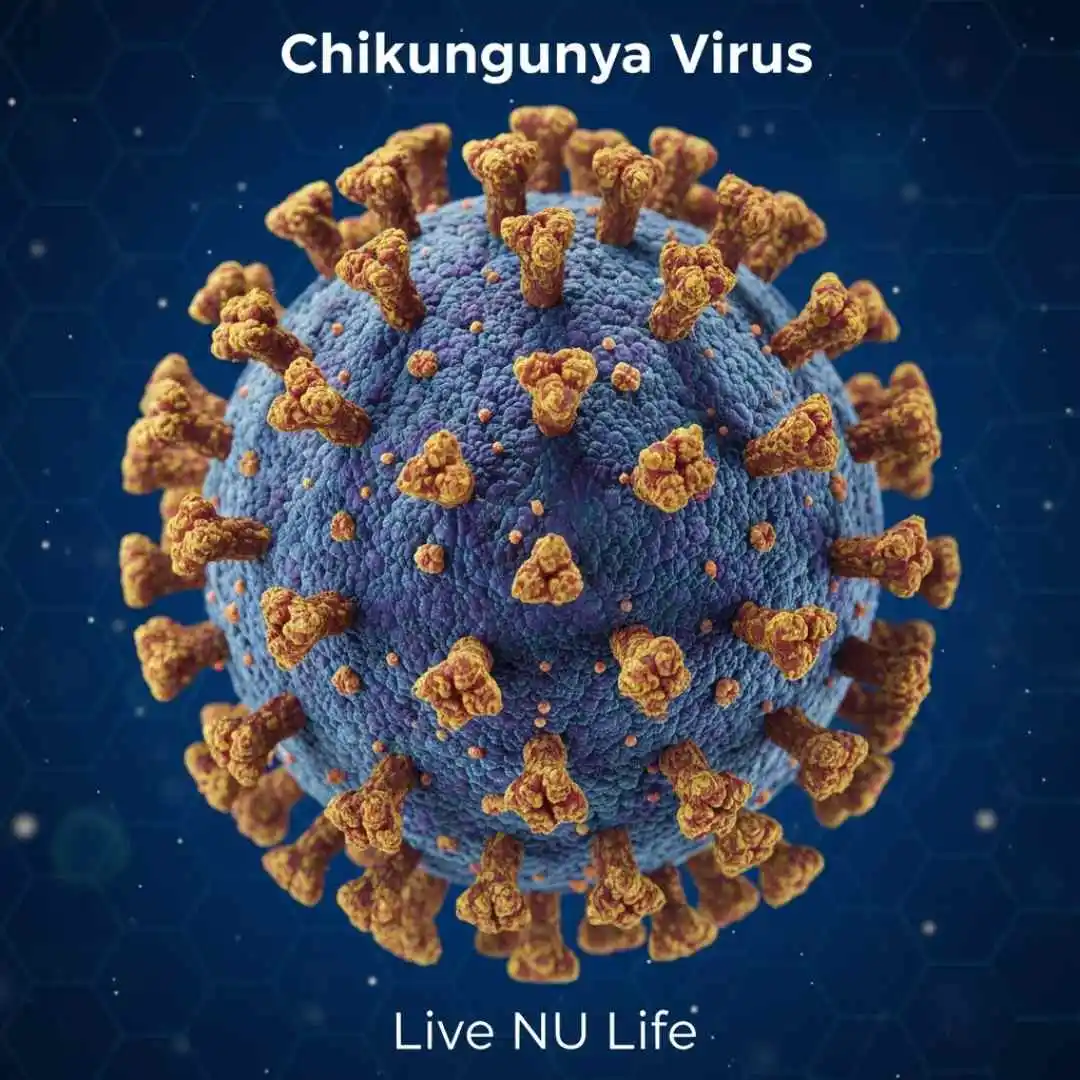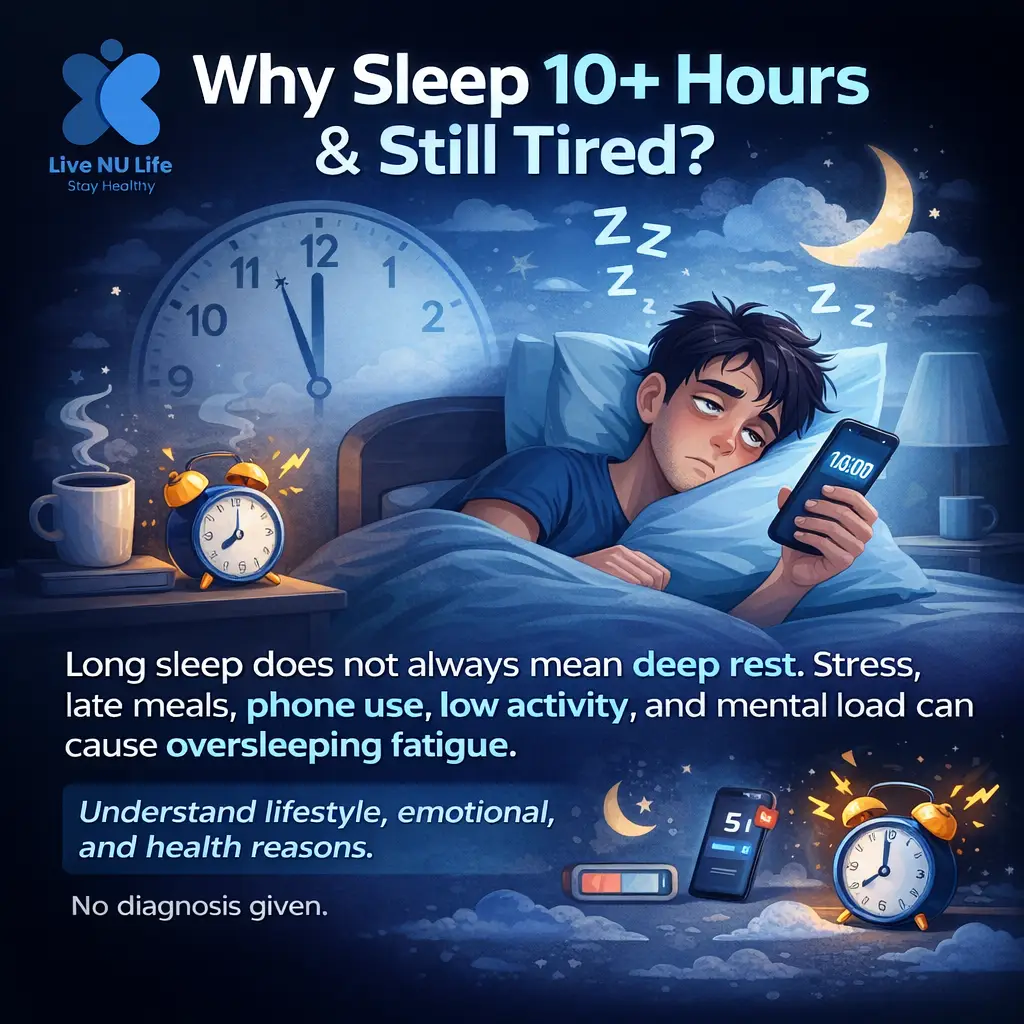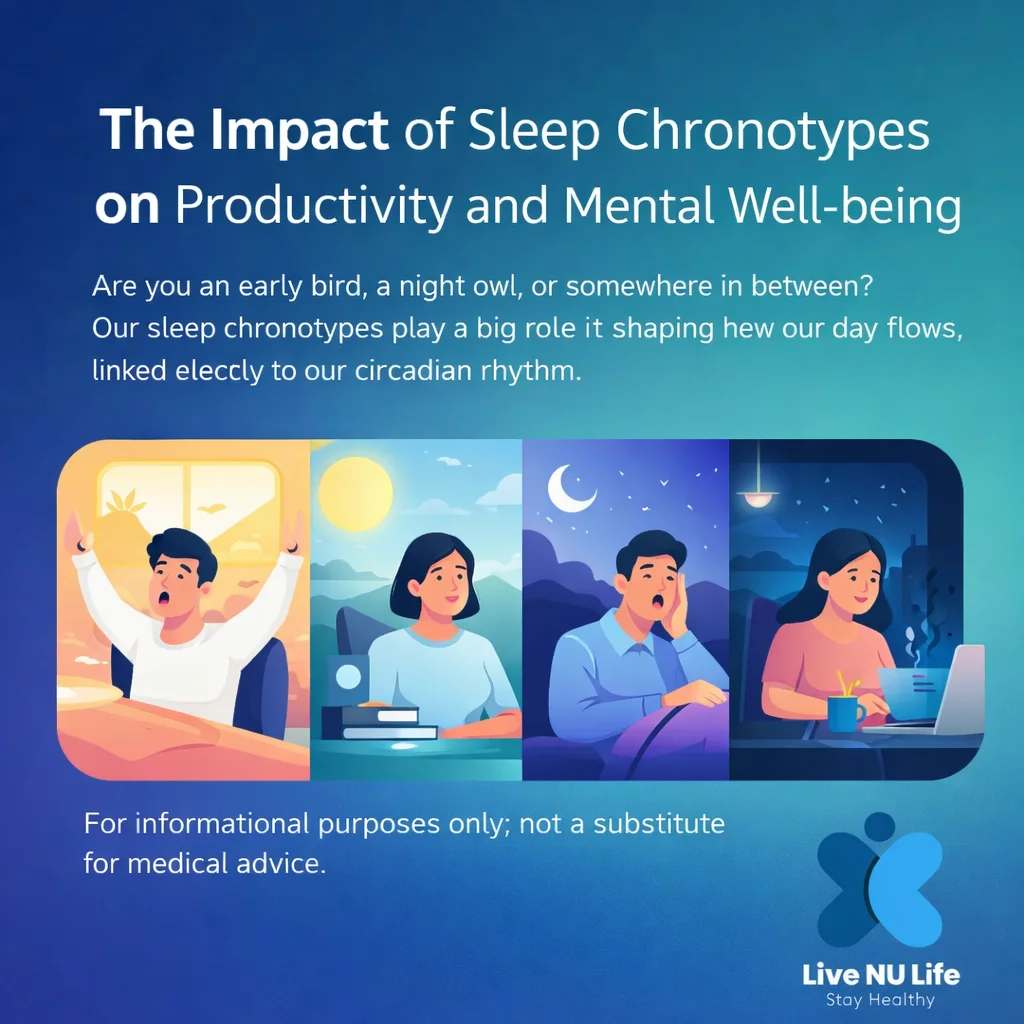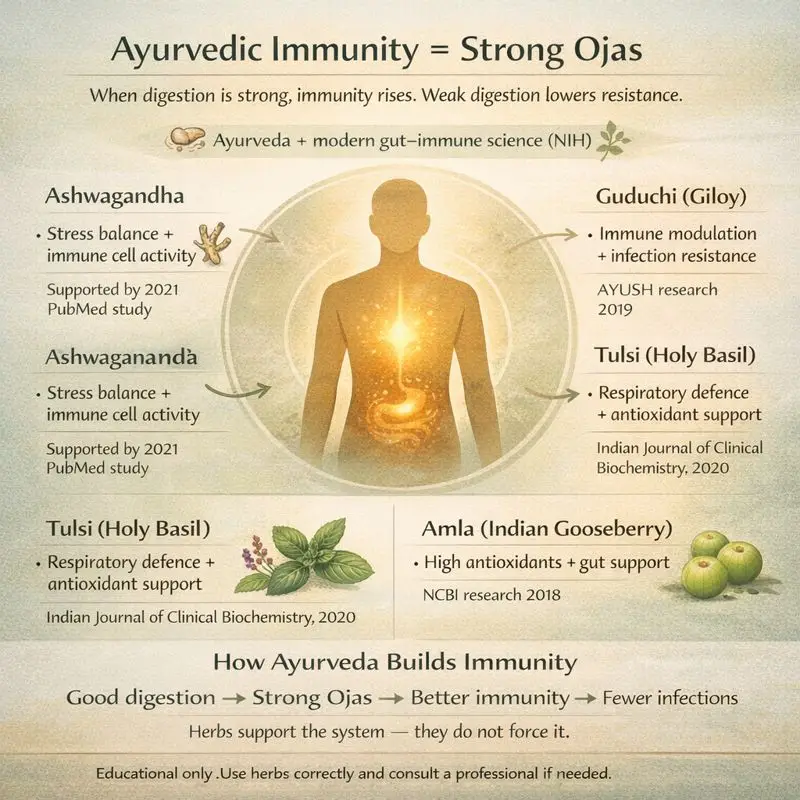Table of Contents
ToggleChikungunya Virus: Symptoms, Causes, Prevention & Treatment
Chikungunya virus causes sudden fever & severe joint pain. This mosquito-borne illness spreads mainly in tropical countries where warm weather helps mosquitoes breed.
Many people don’t know about this virus. But understanding it can help protect you & your family from getting sick.
What is the Chikungunya Virus?
Chikungunya is a virus that mosquitoes pass to humans. The Aedes mosquitoes carry this virus – the same type that spreads dengue & Zika. These mosquitoes bite during daytime hours, not at night.
The virus got its name from an African word meaning “to walk bent over”. This describes how people look when they have bad joint pain from the illness.
Chikungunya Symptoms
Most people who get infected will have symptoms. Signs usually start 3-7 days after a mosquito bite :
- High fever (over 102°F)
- Severe joint pain in wrists, fingers, ankles & knees
- Headache & muscle pain
- Skin rash on body & arms
- Swelling in joints
- Feeling very tired
The joint pain can be really bad. Some people are hurt for weeks or months. But most people get better in about a week.
Chikungunya Treatment
There is no special medicine for the chikungunya virus. Doctors focus on making symptoms better :
- Rest & drink lots of fluids
- Take medicine like acetaminophen for a fever
- Use pain medicines for joint pain
- Don’t take aspirin
The illness goes away on its own. Most people recover completely.
Prevention Tips
Stop mosquito bites to avoid getting sick :
- Use bug spray on skin & clothes
- Wear long sleeves & pants during the day
- Remove standing water around the home
- Use screens on windows & doors
Getting rid of mosquito breeding spots is key. Empty flower pots, buckets & other containers weekly.
Understanding the chikungunya virus helps keep communities safe. Simple steps like using repellent & removing water can prevent this painful illness from spreading.
How Common is the Chikungunya Virus?
Chikungunya virus is not rare. It is seen in many countries, including India. Outbreaks come again & again, mostly during the rainy season. The virus spreads fast when there are many mosquitoes around.
In India, chikungunya has been reported in several states. Some years are mild, but in some years, thousands of cases are seen. The question many ask is how common chikungunya is. The answer is, it is quite frequent in places where mosquitoes breed in water.
Worldwide, the virus has been found in Asia, Africa, Europe & even in the Americas. It does not stay in one place; it travels with people & mosquitoes.
The risk grows when the weather is warm & wet. That is why the rainy season is the most risky time.
- Outbreaks happen often in tropical countries
- Mosquito control is the only strong way to stop the spread
- Seasonal peaks match with heavy rain & stagnant water
Chikungunya virus is common, & knowing its pattern helps people stay alert.
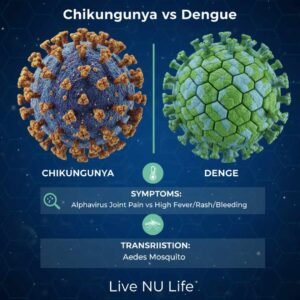
Chikungunya vs Dengue: Key Differences
Many people confuse chikungunya with dengue. They feel pretty similar at first — fever, headache, weakness. But here’s the thing: dengue often comes with dangerous bleeding risks, while chikungunya is famous for its bone-crushing joint pain.
Both diseases spread through the same Aedes mosquitoes. These tiny insects bite during the day & night. But the viruses causing these illnesses are completely different.
Main Differences You Should Know
Joint Pain Location
- Chikungunya hits hands, wrists, feet & legs hard
- Dengue affects the shoulders & knees mostly
Bleeding Risk
- Dengue can cause bleeding problems & low platelet count
- Chikungunya rarely causes bleeding issues
Pain Behind Eyes
- Dengue often brings severe eye pain
- Chikungunya doesn’t usually affect the eyes this way
Quick Comparison
| Aspect | Chikungunya | Dengue |
| Joint Pain | Severe, hands/wrists | Mild, shoulders/knees |
| Bleeding | Rare | Common risk |
| Eye Pain | No | Yes |
| Recovery | Weeks to months | 3-4 weeks |
Chikungunya symptoms include sudden fever & terrible joint swelling. The joint pain can last for months.
Dengue vs chikungunya shows one key difference: dengue patients need platelet monitoring because of bleeding risks. Chikungunya patients struggle more with movement due to joint problems.
Both need rest & fluids. See a doctor immediately if you have a fever with joint pain or bleeding signs.
Symptoms of Chikungunya Virus
Your body usually tells you something’s wrong before you even know what hit you. With chikungunya symptoms, this happens fast. Really fast.
The first sign? A sudden, high fever that can reach 102°F or even higher. It hits like a wall. You might feel perfectly fine one moment & then burning up the next. This isn’t your regular cold fever. It’s intense.
Joint Pain Takes Over
Here comes the worst part. Joint pain starts showing up, usually within 3 to 7 days after getting bit by an infected mosquito. This pain is different. Some people say it feels like their joints are on fire.
The pain hits your wrists, fingers, ankles & feet the hardest. Your knees get it too. Walking becomes tough. Getting out of bed? Even tougher. The pain spreads to both sides of your body equally.
Other Early Symptoms of Chikungunya
Your body doesn’t stop there. These symptoms pile up quickly:
- Headaches that throb
- Muscle pain all over
- Skin rash on your chest & arms
- Red, irritated eyes
- Feeling completely drained
Different Ages, Different Struggles
Adults face the worst joint pain. It can last for weeks or even months after the fever goes away. Elderly people over 65 have a harder time. Their symptoms get more severe & complications can happen.
Children experience milder chikungunya virus symptoms. They might get fever & rash, but the joint pain isn’t as bad as what adults go through.
Most people start feeling better within a week. But that joint pain? It might stick around much longer.
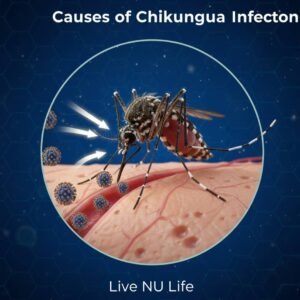
Causes of Chikungunya Infection
The causes of chikungunya start with a simple mosquito bite. But here’s what makes it dangerous: not every mosquito can spread this virus.
Two specific mosquitoes cause the problem. Aedes aegypti & Aedes albopictus carry the chikungunya virus from person to person. These same mosquitoes also spread dengue & Zika virus.
Here’s how it happens in your neighborhood:
- Female mosquitoes bite infected people first
- The virus grows inside the mosquito for several days
- When they bite again, they pass the virus to healthy people
Where do these mosquitoes breed? They love small water collections around homes:
- Old tires with collected rainwater
- Flower pots with standing water
- Construction sites with water puddles
- Cement tanks & drums
- Plant leaf spaces like pineapple plants
The spread of the chikungunya virus gets worse in hot, wet weather. Heavy rains create more breeding spots. Poor drainage systems nearby also help mosquitoes multiply.
These mosquitoes bite us during daytime hours.
They feed both inside homes & outside in gardens. Once you get infected, the virus stays in your blood for days, making you a source for more mosquito infections.
Complications of Chikungunya
Chikungunya isn’t just another fever. For many people, this mosquito-borne illness brings problems that last way longer than expected.
Most people recover from chikungunya within a week. But here’s what doctors don’t always tell you. Some patients face ongoing pain that changes their lives.
Joint Pain That Won’t Stop
Joint pain is the biggest Chikangunya complication because it remains for a much longer time. Studies show that about 40% of patients have chronic joint problems. This pain hits wrists, fingers, ankles & feet the hardest.
Most people recover, but for some, the pain just won’t go away. Imagine aching joints for weeks, sometimes months. That’s the cruel part of chikungunya.
One study found that 1 out of every 8 people still had joint pain three years after getting sick. The pain comes & goes, making daily tasks difficult.
Who Gets Hit Hardest?
- Newborns & elderly people face the biggest risks from chikungunya complications :
- Newborns can develop brain swelling & organ failure
- Half of the infected babies show severe symptoms
- Elderly patients often get long-lasting joint problems
- People with health conditions face worse outcomes
- For babies, the virus can cause bleeding, breathing problems & even death within days.
The virus doesn’t cross the placenta during pregnancy. But babies born to infected mothers during delivery have a 50% chance of getting the virus.
Chikungunya problems are not just pain. Patients also report fatigue, sleep issues & mood changes that last for years after the initial infection.
Diagnosis & Tests for Chikungunya
Doctors need proper tests to find the chikungunya virus. Getting the right chikungunya test makes all the difference. Many people get confused between this disease & others like dengue or malaria.
Early Detection Methods
The diagnosis of chikungunya works best in the first week. Doctors use two main tests during this time :
- RT-PCR test finds the virus directly in the blood
- Works best in the first 5-8 days of illness
- Very accurate & reliable method
- Can tell the exact amount of virus present
The RT-PCR test looks for chikungunya virus RNA in blood samples. This test catches the infection when symptoms just start. Doctors prefer this method because it gives quick results.
Later Stage Testing
After the first week, blood tests change. The ELISA test becomes more useful :
- Finds IgM antibodies that your body makes
- Shows up 7-10 days after getting sick
- Stays positive for weeks or months
- Helps confirm past infection
How Doctors Tell Diseases Apart
Doctors know the difference between chikungunya, dengue & malaria. Each has special signs :
Chikungunya signs:
- Very bad joint pain in hands & feet
- High fever that starts suddenly
- Skin rash appears later
Dengue signs:
- Severe headache behind the eyes
- Low platelet count in the blood
- Bleeding problems
Malaria signs:
- Fever comes & goes in patterns
- Chills & sweating together
- Different parasites in the blood
The chikungunya test helps doctors make the right choice for treatment. Getting tested early saves time & worry.
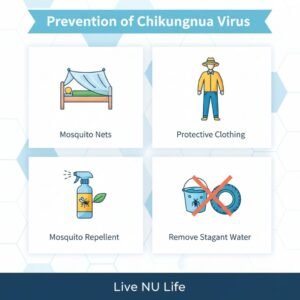
Prevention of Chikungunya Virus
Chikungunya prevention starts with one simple truth. No medicine can cure it once you get sick. But here’s the good news. You can stop it before it starts.
The mosquito is your enemy. These tiny bugs spread the virus when they bite you. They work day & night. So you need to be ready all the time.
Block the Mosquito Bite
- Use mosquito repellent with DEET on your skin
- Wear full sleeves & long pants
- Sleep under mosquito nets
- Keep windows closed or use screens
Remove Water Sources
- Mosquitoes love standing water very much. They lay eggs there. Check these places every week:
- Empty buckets & containers
- Clean water tanks properly
- Remove old tires & bottles
- You must fix leaky pipes
Keep Your Home Safe & clean always
- Use insect sprays in rooms where you sleep. Light mosquito coils at night. Check for holes in window screens.
- Chikungunya prevention works when everyone does their part. Your neighbors must also remove water sources. One dirty container can create hundreds of mosquitoes.
There’s no magic pill. So, the best way? In the first place, you should not let mosquitoes bite you. You should take some small steps like nets, repellents, & cleaning water tanks, which make a huge difference.
How to prevent chikungunya is simple. Remove water, use protection, & stay alert.
Treatment for Chikungunya Virus
Chikungunya hits hard. The fever comes first & then the joint pain follows. Your body feels like it is fighting an enemy. But the good news is, there are many ways to feel better.
No magic pill exists for chikungunya treatment right now. Doctors cannot give you a special chikungunya medicine that kills the virus. Your body needs to fight it on its own.
Here’s what helps you feel better:
Take paracetamol for fever & pain relief
Drink lots of water & fluids
Get plenty of rest
Avoid aspirin & other pain pills until dengue is ruled out
The joint pain can stick around for weeks or months. This part hurts the most. Your knees, wrists & fingers might feel stiff & sore.
Physiotherapy helps a lot with the stiffness. A physiotherapist teaches you gentle exercises. These movements help your joints move better. You can do simple stretches at home, too.
Ice packs work when joints swell up. Put ice for 10 minutes a few times daily. Move your joints slowly twice a day to keep them from getting too stiff.
The chikungunya virus makes you tired. Your body is working hard to get better. Give it time & care. Most people start feeling better after treatment, prevention & proper rest.
Final Thoughts: Staying Safe from Chikungunya
Chikungunya virus protection is simple but important. There is no vaccine yet for this virus. So, preventing mosquito bites is your best defense.
Key chikungunya prevention steps:
Use insect repellent with DEET
Wear long sleeves & pants
Remove standing water around your home
Use window screens or nets
The chikungunya virus spreads through infected mosquito bites during the day & night. These mosquitoes breed in water containers, flower pots & gutters.
Watch for fever, joint pain & headache. These symptoms start 3-7 days after a bite. Joint pain can last for months.
Clean your surroundings weekly. Empty water containers. Cover food & water storage properly.
Stay alert during outbreak seasons. Protect your family with simple prevention methods.
Related Articles You May Find Helpful
Explore the foundations of Health and Fitness for a stronger lifestyle.
Learn proven methods on How to Prevent Autoimmune Disease naturally.
Understand causes and recovery tips for Shoulder Tendonitis.
Find answers to What is Tennis Elbow and its common symptoms.
Discover the importance of Fitness and Nutrition for everyday health.
Check out our practical Health and Fitness Tips to stay active and well.
Get effective remedies for pain with Tennis Elbow Treatment.
Support your heart with these Foods to Improve Heart Health.
Read why Autoimmune Diseases are rising globally.
Discover essential steps for Autoimmune Disease Prevention.
Understand causes and prevention of Typhoid.
Recognize early warning signs of Typhoid Symptoms.
Learn about causes, diet, and treatments in our guide to Fatty Liver.
Identify common Fatty Liver Symptoms early.
Get insights into Legionnaires’ Disease causes and symptoms.
Follow us for more. Live NU Life
People Also Ask
Q1. What is the chikungunya virus?
Chikungunya virus causes fever & joint pain. Mosquitoes spread this virus to humans through their bites. The word means “to walk bent over” because people feel so much joint pain.
- This virus belongs to the alphavirus family
- First found in Tanzania in 1952
- Spreads through Aedes mosquitoes only
- It cannot spread from person to person
Q2. What are chikungunya symptoms?
Main signs include sudden fever & severe joint pain. Other chikungunya symptoms are headache, muscle pain, joint swelling & rash. Fever lasts 2-3 days, but joint pain can continue for weeks or months.
- High fever comes first
- Joint pain affects hands, feet, knees & back
- Headache & muscle pain happen too
- Some people get a skin rash
Q3. How do doctors treat chikungunya?
No specific medicine exists for chikungunya treatment. Doctors give paracetamol for fever & pain relief. Rest, plenty of fluids & pain medicines help patients feel better.
- Take paracetamol every 6 hours
- Drink 2-3 liters of water daily
- Stay in bed under mosquito nets
- Use cold cloths to reduce fever
Q4. What does chikungunya cause?
Infected Aedes mosquitoes cause this illness. These mosquitoes bite during daytime, especially morning & evening hours. They breed in clean water stored in containers around homes.
- Aedes aegypti & Aedes albopictus mosquitoes spread it
- Mosquitoes get the virus from infected people
- No direct human-to-human spread
- A virus needs a mosquito as a carrier
Q5. How to prevent chikungunya?
The best chikungunya prevention is avoiding mosquito bites. Wear full sleeve clothes during this time. Remove stagnant water from flower pots, tires & containers. Use mosquito repellent on skin & clothes.
- Empty water containers weekly
- Use window & door screens
- Apply DEET repellent on exposed skin
- Sleep under treated mosquito nets during the day

